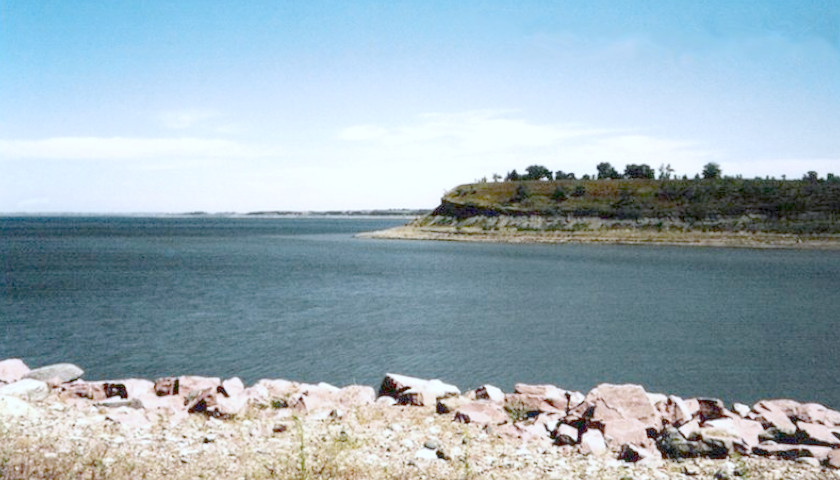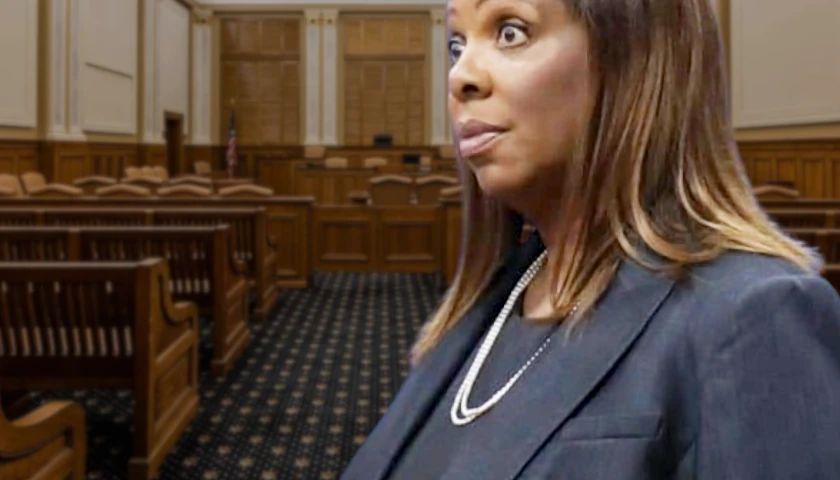by Kim Jarrett
North Dakota U.S. District Court Judge Daniel Hovland issued a preliminary injunction Wednesday that blocked the implementation of the Biden administration’s clean water rule, also known as WOTUS.
The Environmental Protection Agency and the Army Corps of Engineers published the rule on Jan. 18 that brings the country’s wetlands, streams and other waterways under federal jurisdiction. The rule was implemented during the Obama administration and repealed under the Trump administration.
Twenty-three states and several organizations joined North Dakota in the lawsuit filed on Feb. 21.
Hovland said in his order that the EPA exceeded its statutory authority and could be unconstitutional.
“The first category under the new Rule are traditional navigable waters, territorial seas, and interstate waters,” Hovland said. “The EPA has now taken the position that ‘interstate waters’ includes all such waters—even those that are not ‘connected to navigable waters’ in any manner. There are serious questions whether this is a permissible construction of the Clean Water Act as the Rule essentially reads non-navigability out of the Act. And does the Clean Water Act support making every wetland, stream, tributary or other water traversing a border subject to federal jurisdiction?”
Hovland said claims by North Dakota and West Virginia officials that the rule would cause their agencies harm outweighed the harm the injunction could do.
“An injunction at this early stage can avoid the massive waste of resources and delayed projects in pursuit of permits that may soon be legally irrelevant,” Hovland said. “By contrast, the EPA will not suffer any real harm that would justify a denial of injunctive relief. And any potential harm the federal agencies may suffer from compliance with an injunction is not enough to tip the scales at this stage. In fact, it is difficult to see what those potential harms may be.”
The EPA said in an email to The Center Square that the agencies are reviewing the decision and their options.
“The agencies continue to believe the rule, which is informed by the text of the relevant provisions of the Clean Water Act and the statute as a whole, as well as the scientific record, relevant Supreme Court case law, input from public comment, and the agencies’ experience and technical expertise after more than 45 years of implementing the longstanding pre-2015 regulations defining waters of the United States, is the best interpretation of the Clean Water Act,” the agency said. “In light of the preliminary injunctions, the agencies are interpreting ‘waters of the United States”‘ consistent with the pre-2015 regulatory regime in 26 States until further notice. The agencies remain committed to establishing and implementing a durable definition of “waters of the United States” informed by diverse perspectives.”
Gov. Doug Burgum said the rule would have created confusion and driven up costs for consumers.
“North Dakota has some of the cleanest air and water in the nation because we responsibly develop our natural resources and properly exercise our state’s authority to protect our own waters from pollution,” Burgum said.
Oklahoma Attorney General Gentner Drummond also praised the ruling.
“The Biden administration routinely infringes on the 10th Amendment rights of Oklahoma and other states, but today the Court put that overreach on hold,” Drummond said in a statement.
– – –
Kim Jarrett’s career spans over 30 years with stops in radio, print and television. She has won awards from both the Georgia Press Association and the Georgia Association of Broadcasters. Jarrett is an associate editor for The Center Square.
Photo “Lake Sakakawea in North Dakota” by MatthewUND. CC BY-SA 3.0.







